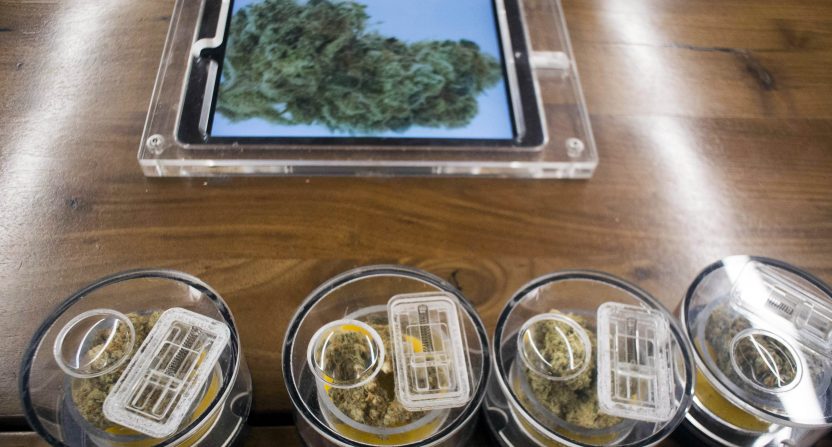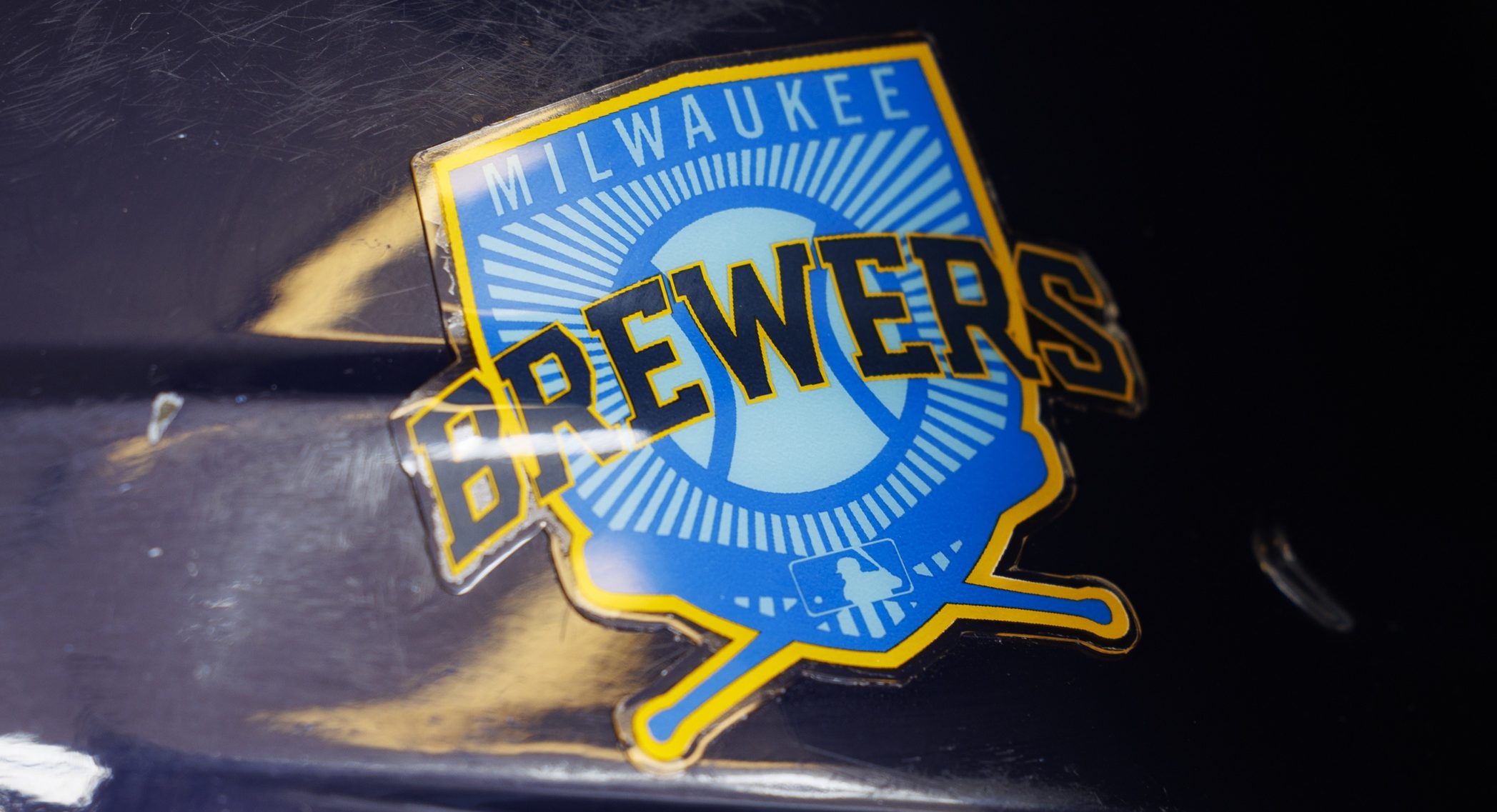There are two important things to remember regarding marijuana usage by college athletes: it’s still against federal law, and it’s still not allowed by the NCAA. Those two things aren’t likely to change any time soon, but until recently, the smart money would have been on the federal government legalizing it before the NCAA did.
That might not be the case anymore, and while that’s mostly because of, well, who’s running the federal government, it’s also because the NCAA and specifically member institutions (as the NCAA loves to call schools) taking a more relaxed stance on the substance. CBS’s Dennis Dodd reported on those changes in a very fascinating article, noting that schools like Rutgers have softened the penalties for positive marijuana tests considerably in recent years:
It’s certainly trending that way. Four years ago, the NCAA and its members made their own statement. The penalty for a positive marijuana test was cut in half from a year to six months.
Rutgers may be somewhat of an outlier. New Jersey Gov. Phil Murphy is pushing for the legalization of marijuana.
In 2016, Rutgers instituted tightened monitoring for performance-enhancing drugs amid an NCAA investigation. But the school has also reduced penalties for marijuana use. According to Rutgers’ policy, it isn’t until the third marijuana positive that a Rutgers athlete faces possible game suspensions. It isn’t until the fifth that he or she is kicked off the team.
“That is something that works for us,” explained Paul Perrier, Rutgers’ compliance director. “Our athletic director has a very liberal [stance] to marijuana because he feels like New Jersey is going to legalize it.”
Legalization being the push to soften penalties makes a lot of sense, and it’s something that’s been seen in states where marijuana is already legal, like Colorado.
Former Colorado State running back Treyous Jerrells told The Coloradoan two years ago that he couldn’t play without smoking. Jerrells was fighting pain from a surgically repaired knee.
“I practiced under the influence,” he told the newspaper. “I played games under the influence. This is my medicine. I’ve seen players at CSU pop five, 10 ibuprofens before practice. Daily. You think that’s good? Over the course of two, three years, that’s eating your liver away. I’m not ashamed of what I did.”
Colorado State compliance director Shalini Shanker says she has three marijuana dispensaries within a square mile of her home. Recreational marijuana was legalized in the state in 2014.
“A lot of people thought we would get an increase in recruits because marijuana was legal in Colorado,” Shanker said. “All the sudden we’re going to get these five-star recruits who want to come smoke weed.
“That has not been the case.”
Marijuana as a substitute for more damaging but technically legal painkillers is a pretty strong argument, especially for football players. And in states with legal marijuana, it’s almost impossible to describe how commonplace it is. In Denver, you can’t walk down any of the main downtown pedestrian areas without passing half a dozen dispensaries and seeing people smoke or vape on streetcorners. It’s desensitizing, but that’s fine, because it also works to eliminate the stigma of marijuana as some kind of dangerous, illicit drug, which is how the NCAA has tended to treat it.
Dodd’s article is certainly worth reading in full, as it details the drug testing procedures and protocols currently in place, and how the NCAA could look to reform things in the near future. If that happens, it would be a welcome shift in NCAA policy. Those don’t come around often enough.







